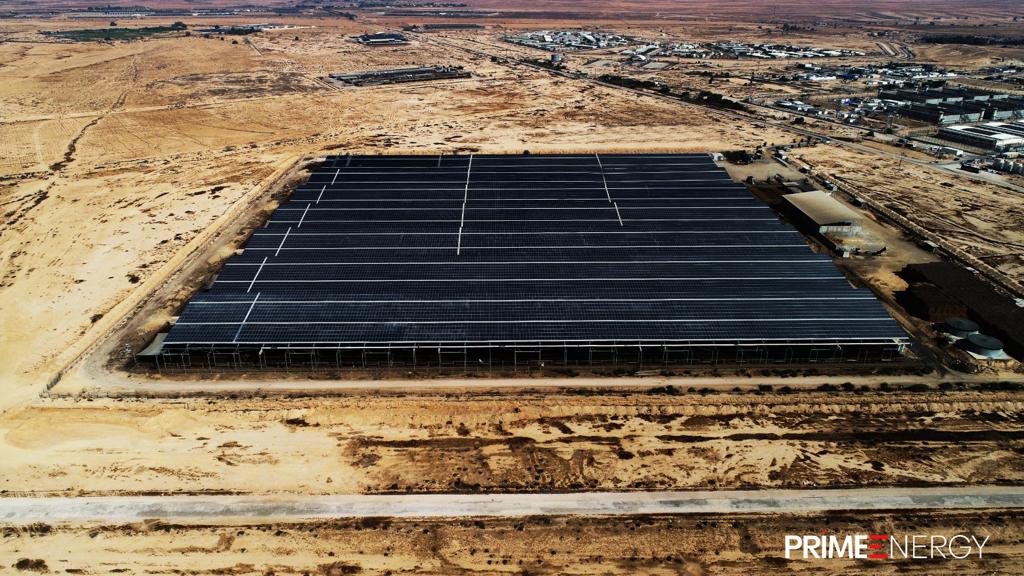The Finance Ministry and the Environmental Protection Ministry of Israel are currently in conflict with each other about the amount of land that should be devoted to the deployment of utility scale solar power plants.
“There is a constant debate on land allocation in our country,” the director of Israel's Green Energy Association, Eitan Parnass, told pv magazine. “Israel is a small country and the voices of land preservation activists are effective, allowing our zoning authority legitimacy to block ground-mounted solar. But the national renewable energy goals of Israel make it an impossible mission to preserve all land. We will need a few more megawatt-sized solar parks and much more land allocations. As this debate has reached the boiling point, we believe that compromise will be reached in 2022, allowing the market to grow.”
According to Israeli media outlet Haaretz, the country's National Planning and Building Council decided, last week, to postpone the decision on how much land to allocate for ground-mounted PV projects until the end of this year. The article reveals that the Israeli authorities have already allocated 11,600 acres (4,693 hectares) for solar plants, and that another 9,000 acres is what is at stake in the conflict between the two ministries.
In 2020, when the government approved a plan submitted by energy minister Yuval Steinitz to deploy around 15 GW more solar capacity to help raise the 2030 target for the proportion of national electricity drawn from renewables from 17% to 30%, the Israeli Environmental Protection Ministry published a report in which it said that solar should have been deployed mostly on roofs and the facades of hundreds of thousands of buildings, as well as on parking lots, transportation infrastructure, and other existing areas and structures. “The land reserve in Israel is small and intended for a range of national uses, most notably residential construction, industrial and commercial development, and agriculture and military facilities,” it said at the time. “There is also the national need to keep open spaces open, for both current and future generations.”
Israel supports PV through tenders for large scale projects and operates an incentive scheme for rooftop PV, offering feed-in tariffs. In an effort to encourage the dual use of land, the country's Ministry of Agriculture and Rural Development, and the Ministry of Energy, in January launched a tender to deploy around 100MW of agrivoltaic capacity across 100 locations in the country.
This content is protected by copyright and may not be reused. If you want to cooperate with us and would like to reuse some of our content, please contact: editors@pv-magazine.com.




By submitting this form you agree to pv magazine using your data for the purposes of publishing your comment.
Your personal data will only be disclosed or otherwise transmitted to third parties for the purposes of spam filtering or if this is necessary for technical maintenance of the website. Any other transfer to third parties will not take place unless this is justified on the basis of applicable data protection regulations or if pv magazine is legally obliged to do so.
You may revoke this consent at any time with effect for the future, in which case your personal data will be deleted immediately. Otherwise, your data will be deleted if pv magazine has processed your request or the purpose of data storage is fulfilled.
Further information on data privacy can be found in our Data Protection Policy.